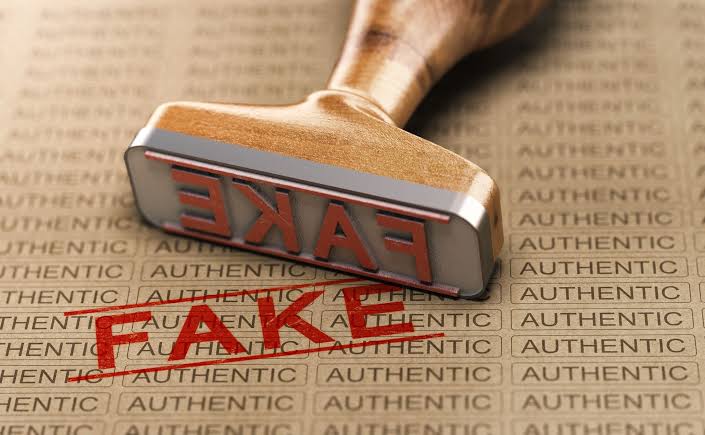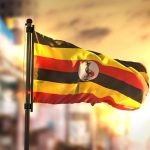It’s been said over and over again that Uganda is an entrepreneurial country. Everyone seems to be interested in starting a business. The private sector is swarming with so much innovation and desire to do business, so much that Micro, Small, and Medium Enterprises are on the rise. To put this into context, MSMEs in Uganda are responsible for almost 90% of all the earnings in the Private sector and they account for up to 75% of the country’s GDP. That is not all, the MSMEs have such a far-reaching effect that they employ well over 3 million Ugandans.
The numbers are looking good, they really are.
With this knowledge, it is easy to understand why when you walk into a supermarket, you will find isles filled with Ugandan products, created by a country that continues to top the global entrepreneurship rankings. The truth is, there is a lot to celebrate.
However, there has been a very dangerous realisation that despite having a market that is saturated with Ugandan products, almost 60% of those products are fake. That’s right. Out of 10 products you come across in the market, more than half are fake. With such horrifying statistics, it comes as no shock that many Ugandans are now demanding that the law-makers do better in protecting the lives and well-being of Ugandans. The risks involved with fake products are quite numerous and must be countered swiftly and sternly.
There is a steep rise in medical complications and fatalities arising from the use of fake products. Apart from that, the Government has lost a lot of revenue because a good number of these fake products are sneaked onto supermarket shelves around the country without the knowledge of relevant authorities. As if that is not enough, brands around the country have been dealt a huge blow in the form of reduced sales because of the various fake products in the market that are distorting the competition.
One can clearly see that customers are losing, the government is losing and the brands are losing. And this begs the question – why is Uganda the only country in the region without a law on counterfeits? Is there some way Ugandans can be protected from the dangers associated with counterfeit products? Is it possible for consumers, brands and relevant authorities to all be co-opted in the fight against counterfeits. The answers to all these questions lie in the knowledge of the fact that as a country, we must take charge and collectively bring an end to counterfeit products in the market.
The first and perhaps most important piece of the puzzle is the mindset change of Ugandans. There are millions of Ugandans who have resigned themselves to consuming counterfeit products because they see no point in whispering on a windyday. There are so many fake products, it almost makes no sense to start complaining because, I mean, where does it end? Nonetheless, it would make a lot of sense if every Ugandan decided to step up and say NO to counterfeit products in the market. This means that more people have to be intentional about identifying and reporting counterfeit products. And once they report these counterfeit products, there must be some form of response from the brands that might be associated with these products and the authorities in charge of ensuring quality control.
As such a platform where customer, brand and regulator interact would go a long way in starting the conversation about identification and elimination of counterfeit products in the market. The urgency and seriousness of this matter is such that, while law-makers drag their feet on the Anti-Counterfeit Goods and Services Bill, 2024, people are losing lives every day that passes. As Ugandans sit back and wait for an outcome that is pro-people’s lives, starting the conversation about counterfeit products is a smart thing to do.
More and more Ugandans need to be made aware that the use of fake car parts & machinery, fake beauty products & cosmetics, fake foods & beverages and other fake products is a precursor to a whole load of health risks. While it may seem like these fake products are very cheap and easily accessible, the price one is bound to pay for the treatment of ensuing medical complications is astronomical.
As a person who prides myself in preaching the gospel of the beauty and glamour of Uganda, my heart weeps when I see my countrymen and women consume fake products. And when visitors come into the country, it hurts me that they often bump into fake products and leave the country with the horrible assumption that Uganda is all about fake products. I have therefore offered myself to remind as many Ugandans as possible about the importance of using genuine products.
The ultimate goal is to make sure that every Ugandan is brought on board in the fight against counterfeit products. As we do that, you need to ask yourself the question – do you know whether your toothpaste, mobile phone, malaria medication, car brake-pads, shoes, bottle of wine or earphones are fake or not?
Are you a fake Ugandan?
This post was created with our nice and easy submission form. Create your post!





